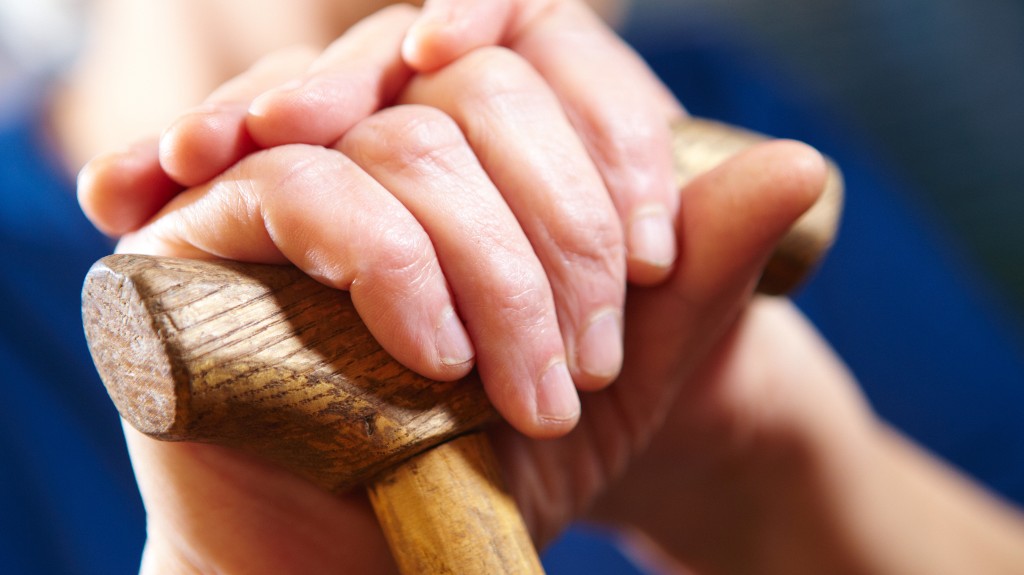It’s vital to mention that the approval rate at the initial application stage for disability is significantly lower than in the hearing step, which is an appeals procedure from initial findings. Initial approvals account for about 36% of all applications. It’s possible that the high rejection percentage is intended to deter applicants or sift out individuals who are simply “testing the waters” to determine if they qualify for disability.
About one of every three disability claims in Louisiana gets approved on the initial review. If your claim is denied, you can file a request for reconsideration. On the reconsideration level, about 25 percent of claims are approved. If denied after reconsideration, you can ask for a hearing before an administrative law judge. Judges approve about 43 percent of the claims that they hear in Louisiana. Remember, detailed documentation is essential to your claim.
Claimants frequently file an initial application on their own and do not retain an attorney until they are denied. This could explain why initial approvals are so much lower than on appeal.
Of course, time passes between the initial denial and the hearing—sometimes a long time, due to the backlog in social security courts. Many medical conditions deteriorate during this time. By the time the claimant appears for the hearing, he or she may have been determined to be disabled, even if the issue was somewhat dubious at the time of application.
Multiple studies in Louisiana have shown that cancer is a major disability that garners the highest approval rates. One survey indicates that the highest approval rate at the initial stages of the request for disability is multiple sclerosis and any type of cancer. The rate is between 64 to 68 percent. The second highest among respiratory disorders and joint disease is 40-47%.
On another angle, Government approval rates statistics after an audition are slightly better. The highest approval rating for the disorders that affect IQ was 88%. Multiple approval ratings for sclerosis rose to 80%. 80% approval for heart failure and 70th percentile approval ratings for neuropathic and stroke diabetes both had approval ratings. A major determinant as to why most disability claims are not approved is that the claimant must also have to show his/her disease or disability significantly alters his/her activities of daily living and ability to work full time. For example, some individuals with disabilities are unable to leave their beds and spend their days in excruciating discomfort. Others continue to go to work every day. Much of this is determined by the patient’s age as well as the type of disability. Many other diseases and disabilities are in the same boat.
Additional study also found that persons aged 60-65 were most inclined to be approved, as expected. Men’s approval rates were likewise marginally higher than women.
It is therefore pertinent to always consult an attorney or an expert to assist with claim drafts so as to ensure a higher rate of approval.
Nothing posted on this website is intended, nor should be construed, as legal advice. Blog postings and site content are available for general education purposes only.

